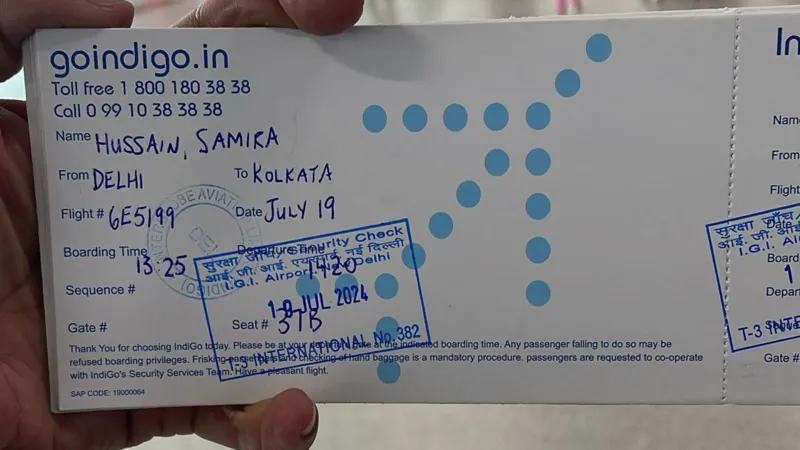Several organizations worldwide have been badly impacted including healthcare, banking and finance, transport, and media companies due to a massive IT failure. The blackout resulted from an unsuccessful software update by cyber-security firm CrowdStrike, which disrupted operations in many important sectors, including airports, hospitals that have to postpone or cancel operations, and several major banks.
Large passenger hubs in India, Hong Kong, the UK, and the US have claimed severe disruptions. Some of the major airlines affected include United, Delta, American Airlines, Virgin, and Jetstar, which were out of their operations or faced delays because of the outage. Check-ins and operations that had hitherto been handled manually have been incorporated at the affected airports, and this has led to many inconveniences and delays for passengers internationally.
Germany’s hospitals, Israeli hospitals, and GP services in the UK have experienced interruptions, and several facilities have had to cancel surgeries. Another area that has not been spared is services, especially during such crises; however, emergency contact centers in Australia’s triple-zero are available.
No one has been left out as even the major banks and media houses have also reported service interruptions that have affected their performance. Self-check-out machines in supermarkets have also been a victim of the outbreak hence being closed down leading to more difficulties for the retailers and the society as a whole.
After identifying that their software update was to blame, CrowdStrike has now issued a solution to rectify the problem. They have stressed that the blackout was not due to hacking The company has also noted that the blackout was not due to hacking. Similarly, Microsoft, which was also not spared, has announced that most of their affected services have been recovered.
The implications of the outage have extended across continents affecting normal business activities as well as travel schedules. They have caused bad experiences, affected essential patient care, and disrupted monetary transactions, not to mention weaknesses of current network dependency.
Some governments in different countries like Australia, and the Alaskan territories of the United States are closely observing the development. Nevertheless, measures are being taken to restore observed services to the greatest possible extent and prevent more significant disruptions of such events in the future.
















